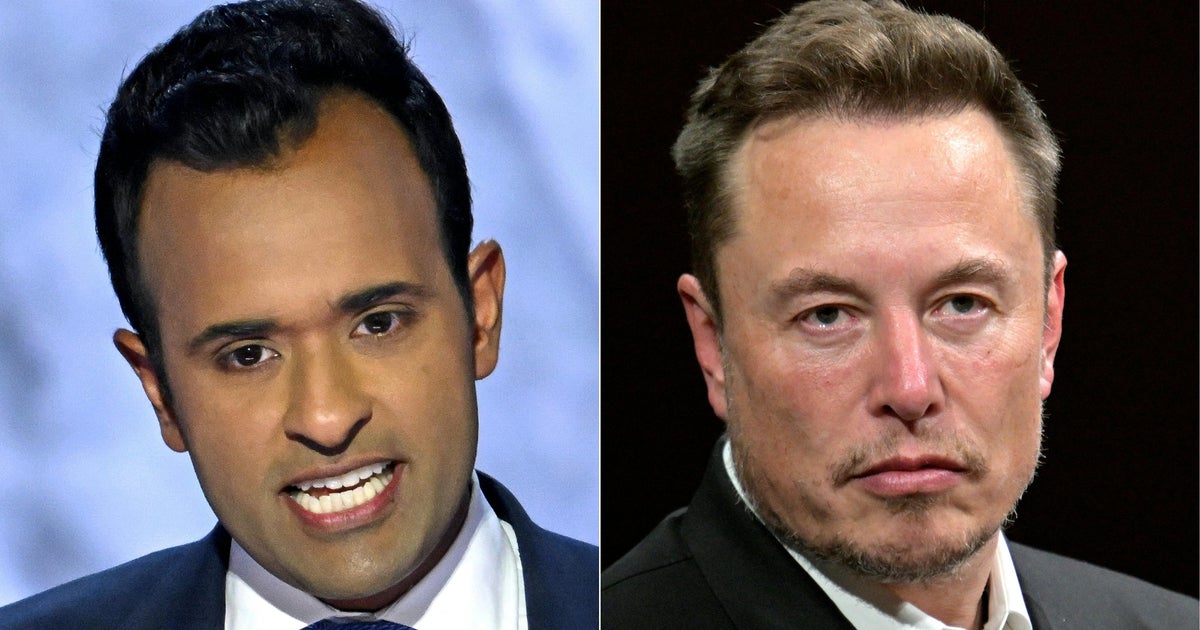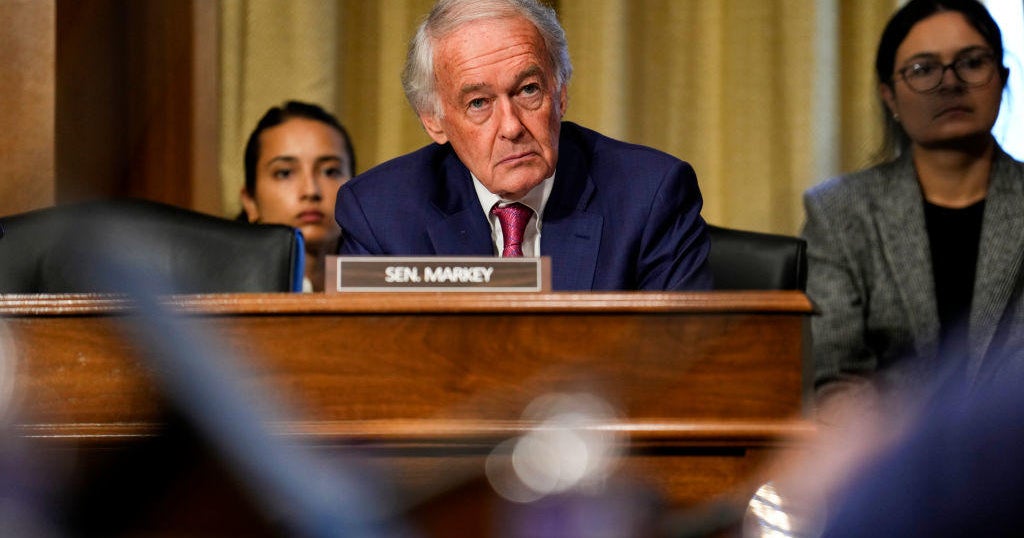T-Mobile, Sprint execs defend $26.5 billion deal to lawmakers
Top executives of T-Mobile and Sprint are taking their case to Congress, arguing that joining their companies won't hurt competition or jack up consumer prices for wireless services if their $26.5 billion merger is allowed to proceed.
But they're likely to face a skeptical audience at a hearing Wednesday. The deal, which must win approval from federal regulators, would combine the nation's third- and fourth-largest wireless companies, creating a new behemoth roughly the size of industry giants Verizon and AT&T.
Complicating their task is the fact that urban consumers are paying 22 percent less for cellphone service following AT&T's failed bid to acquire T-Mobile in 2011, a combination rejected by federal regulators as anticompetitive. That data comes from the Bureau of Labor Statistics price index for wireless telephone service.
T-Mobile subsequently launched aggressive promotions and made consumer-friendly changes such as ditching two-year contracts and bringing back unlimited data plans, moves that its rivals soon copied. Merger opponents claim those benefits will disappear if T-Mobile and Sprint no longer competed against one another. Unions have voiced concerns about potential job losses.
"Un-carrier" philosophy
T-Mobile and Sprint say American consumers would get more and pay less as a result of the merger. They argue that the combination would allow them to better compete — not only with Verizon and AT&T, but also with Comcast and others as the wireless, broadband and video industries converge.
The merger would give the new company "the added scale and critical spectrum and network assets to supercharge our 'Un-carrier' philosophy," T-Mobile US CEO John Legere said in his prepared testimony for the House hearing. "As a result, we can take competition to new levels. We will offer a much faster, broader and deeper network and new services at lower prices."
That will force the companies' rivals and big cable companies to improve their services and lower prices further, Legere said.
He also promised the merger would benefit communities that "other larger wireless carriers and cable companies often ignore – such as rural America and lower income communities." The combination would lad to the creation of 600 new retail stores, as well as 11,000 new employees in rural areas and small towns, he added.
Legere and Marcelo Claure, Sprint Corp.'s executive chairman, will appear before the House Energy and Commerce subcommittee on communications and technology.
Pointed questions
The panel doesn't have authority to rule on the merger, but members are likely to use their platform to ask pointed questions. Now that Democrats control the House, they have convened its first merger-review hearing in eight years.
The T-Mobile-Sprint deal faces reviews by the Justice Department and the Federal Communications Commission. U.S. wireless carriers had been unable to get a merger deal through under President Barack Obama. But after President Donald Trump's election, a more business-friendly FCC deemed the wireless market "competitive" for the first time since 2009, a move that some experts believe could make it easier to win approval for a merger.
The combined company, to be called T-Mobile, would have some 127 million customers. T-Mobile promised earlier this month not to raise prices for three years following the merger. Among wireless carriers, they have the largest numbers of low-income customers, who are frequent users of prepaid phone plans.
The three-year price pledge is an "empty promise" full of loopholes and difficult for regulators to enforce, says a group called the 4Competition Coalition, which includes labor unions, public interest advocates, satellite TV and cable company Altice and rural wireless companies.
Some analysts see T-Mobile's offer to keep a lid on prices as a signal that the deal isn't likely to be approved. Analysts at New Street Research say the Justice Department may not be buying T-Mobile's argument that combining with Sprint will bring lower consumer prices. Moreover, the head of Justice's antitrust division doesn't like merger conditions requiring regulators to keep an eye on the combined company's behavior for years after.
New jobs?
The companies also are promising they would have more employees after the merger, especially in rural areas, than they do as stand-alone carriers. T-Mobile has promised to deliver as many as 5,600 new jobs and five new call centers by 2021.
But an analysis by the Communications Workers of America labor union found that job cuts could number up to 30,000, mostly because T-Mobile would close thousands of overlapping stores.
T-Mobile and Sprint also say the deal would help accelerate their development of faster 5G wireless networks and ensure that the U.S. doesn't cede leadership on the technology to China.
Telecom analyst Craig Moffett of MoffettNathanson Research notes that AT&T and T-Mobile likewise claimed that joining forces would mean better wireless coverage for U.S. customers, lower prices and job growth. Once Obama-era regulators rejected that merger, both AT&T and T-Mobile managed to build out 4G LTE networks.
Huawei concerns
On a separate front, U.S. national security concerns have mounted around Chinese electronics giant Huawei — charged by U.S. prosecutors with stealing tech secrets in the midst of a trade war between the two countries. The U.S. has been waging a campaign to discourage other countries from using Huawei equipment for 5G networks.
T-Mobile's German parent Deutsche Telekom would own about 42 percent of the new company, while Japan's SoftBank, which controls Sprint, would own 27 percent. The rest would be held by the public. Some critics say the fact that Deutsche Telekom and SoftBank have used Huawei components raises concerns. SoftBank reportedly has moved away from using Huawei equipment.
The merger already has been cleared on national security grounds by a multi-agency U.S. body that reviews transactions involving foreign investment.



